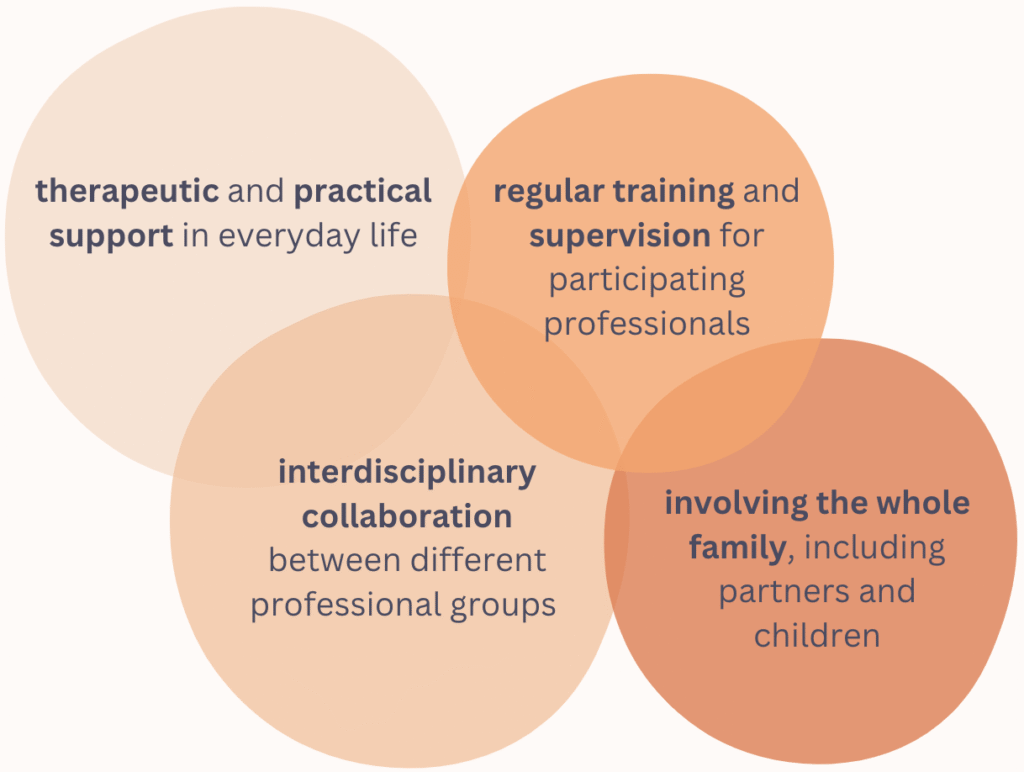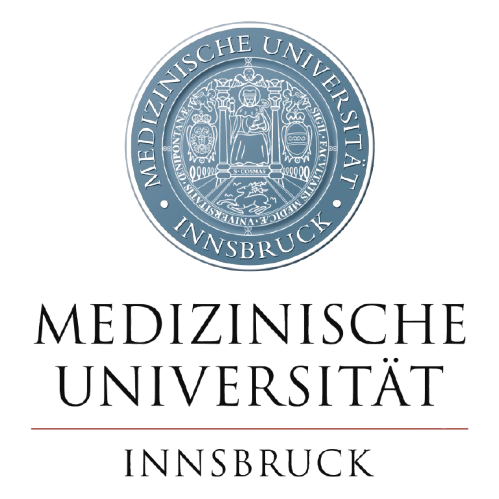
In close collaboration with stakeholders, experts, healthcare professionals, and people with lived experience, we have developed comprehensive concepts to promote perinatal mental health in our recent workshops. These concepts cover key areas such as coordination, early detection, mobile services, and awareness-raising.


The concept of the Home Treatment Program focuses on the question of how families experiencing mental distress during pregnancy and early parenthood can be best supported directly within their domestic environment. The background for this is that in Tyrol there is currently a gap in the provision of mobile support services, and existing services are mostly designed for milder forms of distress.
Key Elements of a Home-Treatment-Service
As part of her Master’s thesis, one of our project team members conducted interviews with experts from psychology, medicine, midwifery, nursing, and social work to identify the key elements of an effective Home Treatment model for Tyrol. The results show that a successful program must be flexible, needs-based, and family-centered. This includes, among others:

Outlook for Tyrol
It is particularly important that Home Treatment not only addresses the acute crisis, but also helps families achieve long-term stability. Peer support, low-threshold access to support services, and close integration with existing care structures are considered central success factors.
In the long term, a region-specific Home Treatment model for Tyrol is to be developed, providing a clear framework for both affected families and professionals. This would ensure that families experiencing perinatal mental health challenges can access the support they need earlier, closer to home, and without unnecessary barriers.


